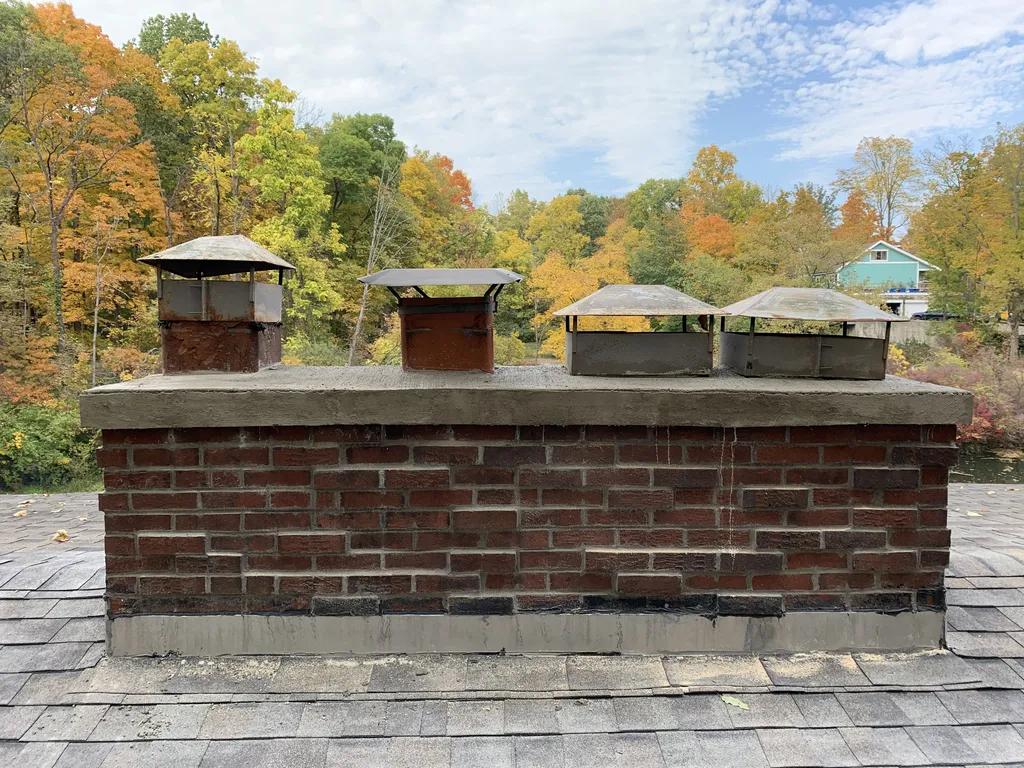Fireplaces are a cherished feature in many homes, providing warmth and ambiance during the colder months. However, if your fireplace is not drafting properly, it can lead to inefficiency, smoke buildup, and even potential safety hazards. In this article, we will explore professional tips for improving fireplace draft, ensuring that your fireplace operates efficiently and safely. From understanding the basics of fireplace draft to implementing practical solutions, we will guide you through the steps to enhance the performance of your fireplace.
Table of Contents
- Ways to Identify Poor Draft in Your Fireplace
- Strategies for Improving Fireplace Ventilation
- Importance of Proper Sizing and Placement of Chimney Flue
- Professional Tips for Maintaining a Consistent Draft
- Q&A
- In Summary

Ways to Identify Poor Draft in Your Fireplace
One of the key indicators of poor draft in your fireplace is excessive smoke inside your home, even when the fire is burning properly. If you notice this issue, it’s important to address it promptly to prevent potential health hazards and structural damage. Another sign of poor draft is difficulty in starting and maintaining a fire in your fireplace. If you struggle to get a fire going or find that it frequently goes out on its own, the draft may be to blame.
There are several ways to identify and improve poor draft in your fireplace:
- Check for blockages: Inspect the chimney and flue for any obstructions such as debris or animal nests that may be inhibiting airflow.
- Adjust the damper: Ensure the damper is fully open when starting a fire and adjust it as needed to control the flow of air.

Strategies for Improving Fireplace Ventilation
One effective strategy for improving fireplace ventilation is to ensure that the chimney is clean and free of any obstructions. A build-up of debris such as soot, creosote, or even bird nests can restrict airflow and negatively impact the draft. Hiring a professional chimney sweep to thoroughly clean the chimney on a regular basis can help maintain optimal ventilation and prevent any potential hazards.
Another tip for improving fireplace draft is to install a chimney cap. A chimney cap can help prevent downdrafts caused by wind, rain, or snow entering the chimney. Additionally, a chimney cap can also keep out animals and debris that may block the airflow. Investing in a high-quality chimney cap can significantly improve the overall performance of your fireplace and ensure proper ventilation.

Importance of Proper Sizing and Placement of Chimney Flue
Ensuring the proper sizing and placement of your chimney flue is essential for maximizing the efficiency of your fireplace and improving draft. A chimney flue that is too small can restrict the flow of smoke and gases, leading to poor combustion and a smoky, inefficient fire. On the other hand, a flue that is too large can allow too much air to enter, resulting in draft issues and difficulty controlling the fire.
When it comes to the placement of the chimney flue, it should be positioned at the highest point possible on your roof to take advantage of the natural stack effect. This will help create a strong draft by allowing warm air to rise and escape through the flue, pulling in fresh air to feed the fire. Additionally, ensuring that the flue is insulated and properly sealed will help prevent heat loss and improve overall efficiency.
Professional Tips for Maintaining a Consistent Draft
1. Clean the Chimney Regularly: One of the most important steps in maintaining a consistent draft in your fireplace is to regularly clean the chimney. Over time, creosote buildup can restrict airflow and hinder the draft. Hire a professional chimney sweep to clean your chimney at least once a year to ensure optimal performance.
2. Use Properly Seasoned Firewood: Another key factor in maintaining a good draft is using properly seasoned firewood. Green or wet wood can create excess smoke and reduce the efficiency of your fireplace. Make sure to only burn wood that has been dried for at least six months to a year for the best results.
Q&A
Q: What is fireplace draft and why is it important?
A: Fireplace draft refers to the flow of air through the chimney that allows smoke and gases to escape properly. It is important for efficient and safe operation of your fireplace.
Q: What are some common issues that can affect fireplace draft?
A: Common issues that can affect fireplace draft include a dirty or blocked chimney, inadequate air supply, and improper chimney design.
Q: How can a professional help improve fireplace draft?
A: A professional can help improve fireplace draft by conducting a thorough inspection of the chimney, cleaning and repairing any obstructions or damage, and making recommendations for improving airflow.
Q: What are some tips for homeowners to improve fireplace draft on their own?
A: Homeowners can improve fireplace draft on their own by keeping the chimney clean, opening dampers fully, and ensuring there is adequate ventilation in the room.
Q: Are there any specific techniques that professionals use to improve fireplace draft?
A: Some specific techniques that professionals use to improve fireplace draft include installing a chimney cap, adding a chimney liner, and making adjustments to the damper or flue.
In Summary
In conclusion, improving fireplace draft is crucial to ensure efficient and effective heating in your home. By following the professional tips outlined in this article, such as cleaning the chimney regularly, checking for proper insulation, and utilizing a damper, you can optimize the airflow in your fireplace and enhance its performance. Remember, a well-maintained fireplace not only provides warmth and comfort but also contributes to a healthier and safer living environment. Thank you for reading and we hope these tips help you achieve better draft in your fireplace. Stay warm and cozy!


